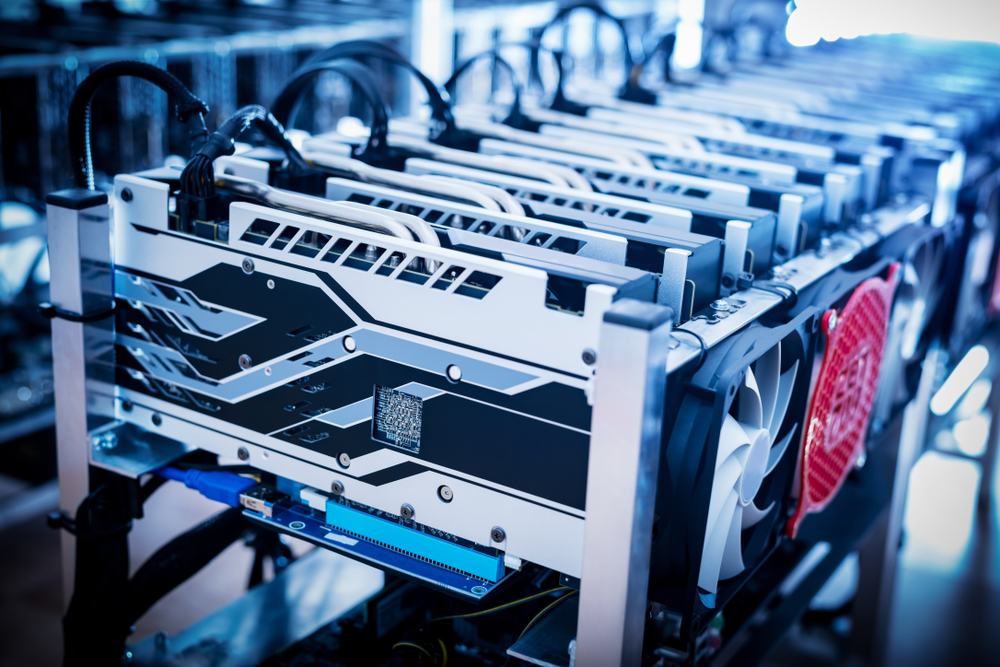Bitcoin Mining Profitability: How Long Does it Take to Mine One Bitcoin in 2019?
The Bitcoin mining network problem is the measure of how difficult it is to discover a new block compared to the simplest it could ever be. It is recalculated each 2016 blocks to a worth such that the earlier 2016 blocks would have been generated in precisely two weeks had everybody been mining at this issue.
Essentially, miners are serving the Bitcoin group by confirming every transaction and making sure that every single considered one of them is respectable. They all compete with each other, utilizing software program written particularly to mine blocks.
What does a Bitcoin miner actually do?

Every time a brand new block is ‘sealed off’, meaning that a miner has successfully created a correct hash sequence, she or he will get a reward. The Blockchain is so known as as a result of it’s literarily a sequence of blocks, which are lists of transactions made during a set time frame. When a block of transactions is generated, miners put it by way of a process.
Bitcoin mining a block is difficult as a result of the SHA-256 hash of a block’s header have to be decrease than or equal to the goal to ensure that the block to be accepted by the community. The base Bitcoin platform has a very simple use case – ship Bitcoins between individuals in a very safe, reliable and censorship-resistant means. The safe part comes from a sturdy blockchain of mining hardware (round $1.three Billion value) and nodes (10,000 publicly reachable). As we all know quite nicely by now, the ASIC chips are designed for the sole purpose of mining and they are fairly environment friendly compared with the GPUs, producing a better hash rate at a lower consumption of electricity.
The overall number of Bitcoins is proscribed, so the extra coins are mined, the more priceless each of them becomes. Thus, even though the amount of Bitcoins per block will inevitably lower, the worth of miners’ rewards will most probably keep the same and even rise.
They apply a complex mathematical formulation to the information in the block, subsequently turning it into a far shorter, seemingly random sequence of letters and numbers known as a ‘hash’. Additionally, the miner is awarded the charges paid by users sending transactions. The fee is an incentive for the miner to include the transaction of their block. In the longer term, because the variety of new bitcoins miners are allowed to create in each block dwindles, the charges will make up a much more necessary proportion of mining earnings.
